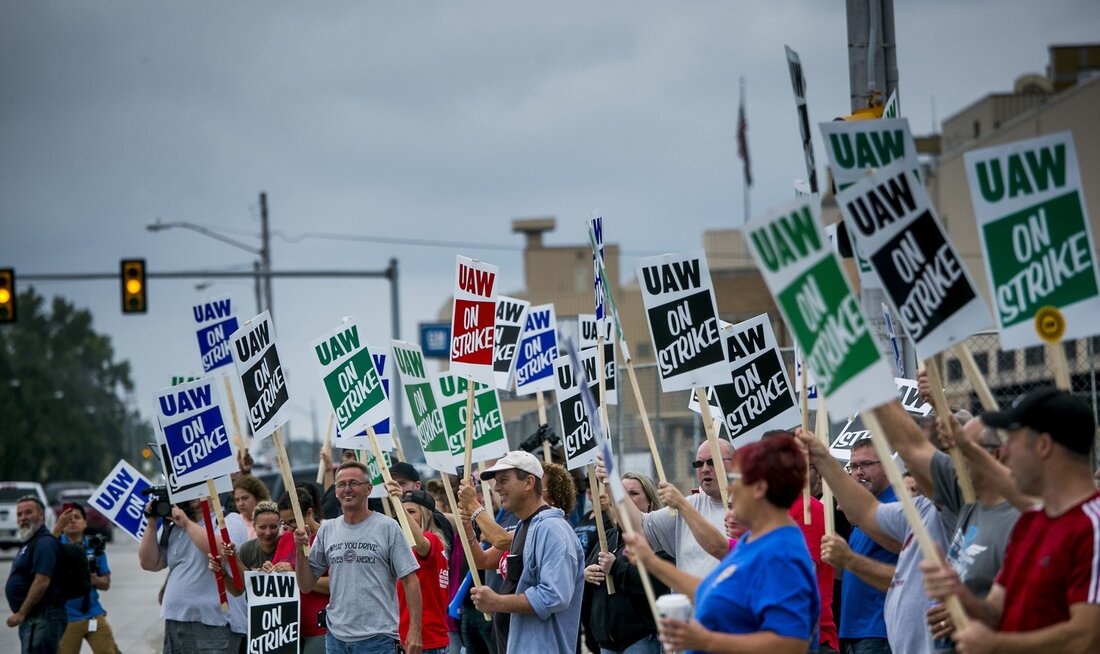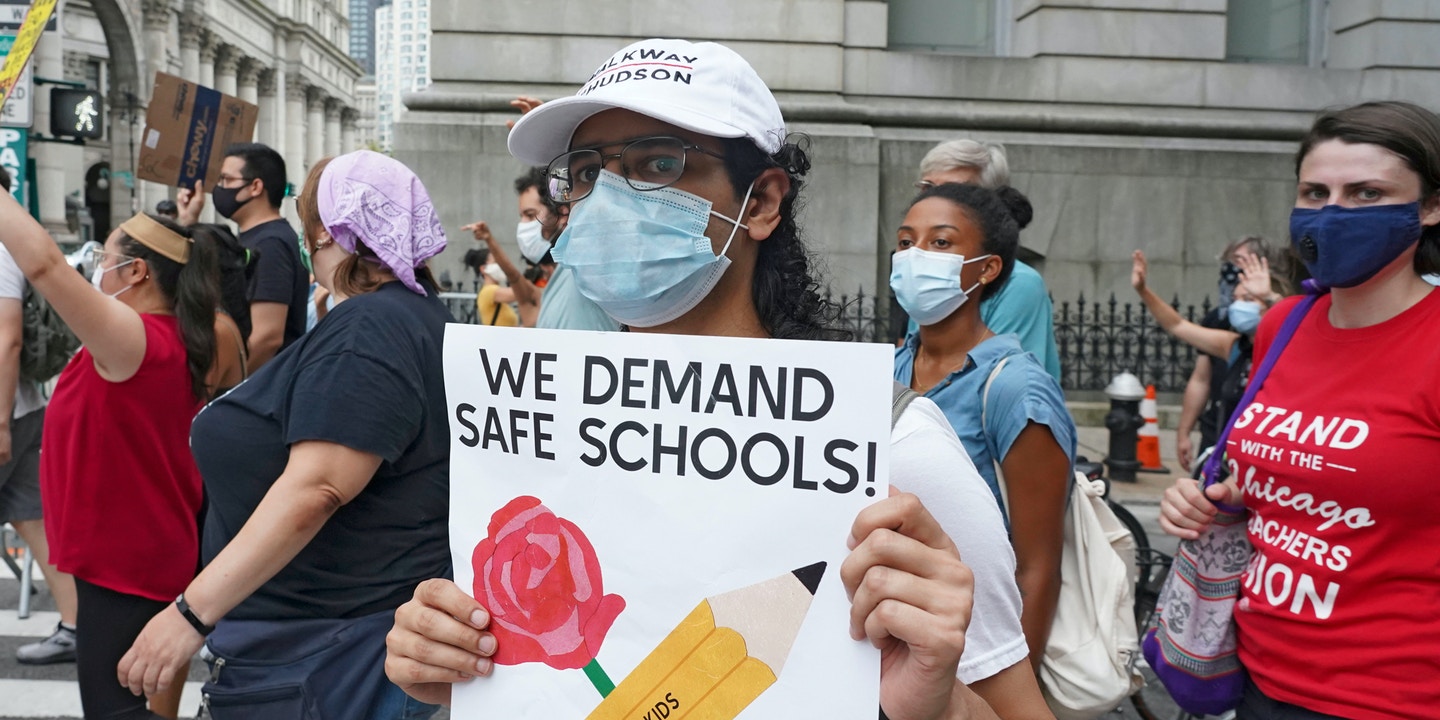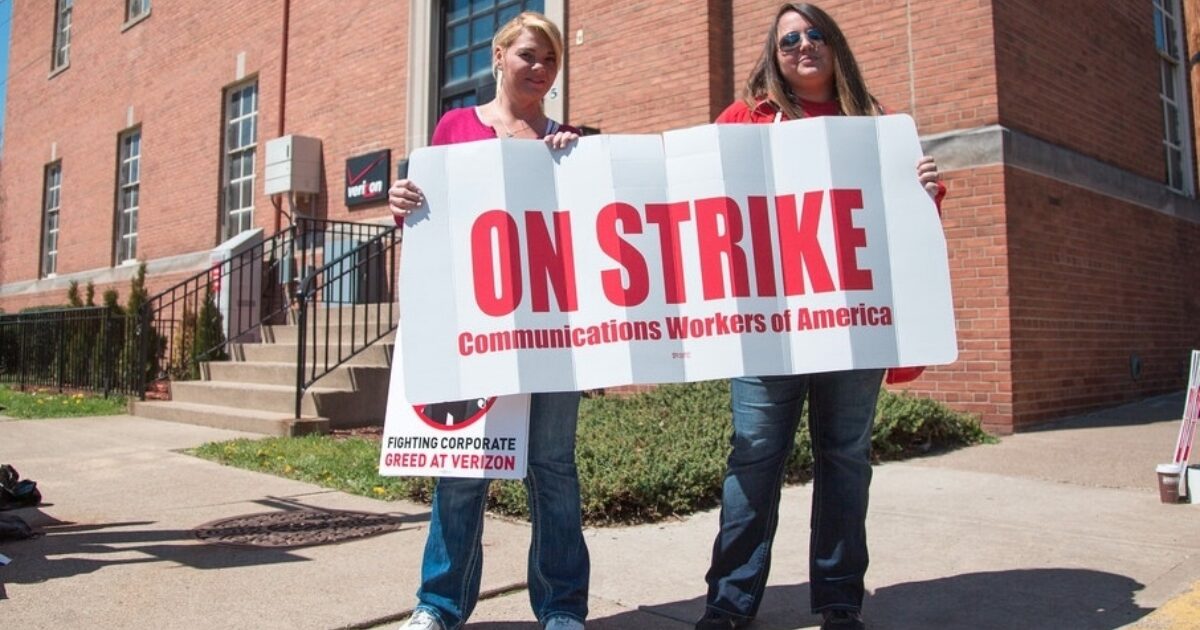The Right to Strike
Data from the Bureau of Labor Statistics showed an upsurge in major strike activity in 2018 and 2019, marking a 35-year high for the number of workers involved in a major work stoppage over a two-year period. Many of those strikes made national news.
All employees—whether they are unionized or not—have the right to participate in a protected strike, picket, or protest regarding work-related issues. However, the law places limitations and qualifications on the exercise of that right, some of which we will discuss below.
Where does the right to strike come from?
Section 13 of the Act also addresses the right to strike, stating: “Nothing in this Act, except as specifically provided for herein, shall be construed so as either to interfere with or impede or diminish in any way the right to strike, or to affect the limitations or qualifications on that right.”
There is no federal law giving public-sector workers the right to strike, but a dozen states have enacted laws giving public-sector workers certain strike rights, including Alaska, California, Colorado, Hawaii, Illinois, Louisiana, Minnesota, Montana, Ohio, Oregon, Pennsylvania, and Vermont. The vast majority bar strikes that would endanger public health, safety, or welfare, and for that reason, police and firefighters are prohibited from striking in almost every state.
The 38 states that do not recognize a permissive strike right either do not recognize their right to strike or have an outright prohibition against public sector strikes. Section 617.003 of the Texas Government Code expressly prohibits public employees from engaging in strikes or organized work stoppage against the state or a political subdivision of the state.
Not all employee strikes are lawful. Whether a strike is lawful depends upon its purpose, its timing, and the conduct of the strikers.
What is a strike for a lawful purpose?
Economic strikers seek to obtain from the employer some economic concession such as higher wages, shorter hours, or better working conditions. They cannot be discharged, but they may be replaced. If the employer hires bona fide permanent replacements to fill the jobs of the economic strikers when the strikers apply unconditionally to return to work, the strikers are not entitled to reinstatement at that time. However, if the strikers do not obtain regular and substantially equivalent employment, they are entitled to be recalled to jobs for which they are qualified when openings occur once they make an unconditional request for reinstatement.
Unfair labor practice strikers seek to protest an unfair labor practice committed by their employer and they may not be discharged or permanently replaced. When the strike ends, absent serious misconduct on their part, they are entitled to have their jobs back even if employees hired to do their work have to be discharged.
If the Board finds that economic strikers or unfair labor practice strikers who have made unconditional requests for reinstatement have been unlawfully denied reinstatement by their employers, the Board may award the strikers backpay starting at the time they should have been reinstated.
What is a strike for an unlawful purpose?
Section 8(b)(4) of the Act prohibits strikes for certain purposes even though they are not necessarily unlawful if achieved by other means. An example would be a strike to compel an employer to cease doing business with another employer. While it is not unlawful for an employer to voluntarily stop doing business with another employer, and it is not unlawful for a union to request that it do so, it is unlawful for the union to strike to force the employer to do so.
When does timing render a strike unlawful?
Section 8(d) provides that when either party desires to terminate or change an existing collective bargaining agreement, it must comply with certain conditions, and if these conditions are not met, a strike to terminate or change a contract is unlawful.
What is misconduct that renders a strike unlawful?
Can the right to strike be waived?
Unfair labor practice strikes are immune from a general no-strike clause if the practice is serious and destructive of the foundation of the agreement, and even an explicit no-strike clause does not waive the right of employees to strike against unfair labor practices. An agreement to arbitrate labor disputes gives rise to an implied obligation not to strike over the specified disputes.



 RSS Feed
RSS Feed